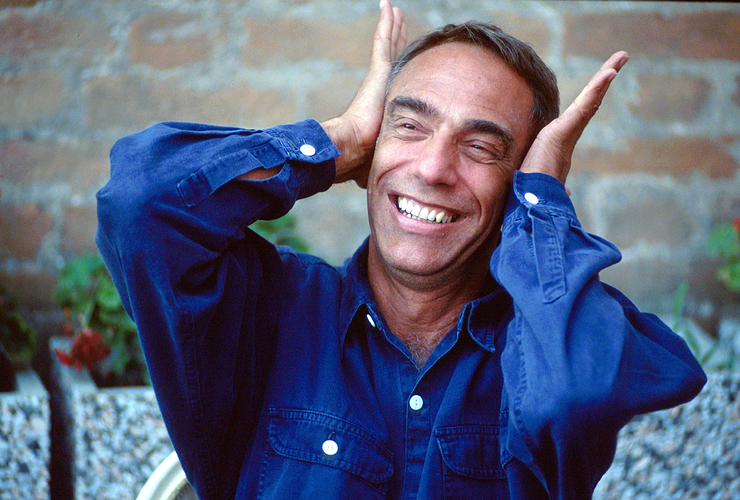In the British web magazine The Quietus, Simon Richardson reflects on Modern Nature, a moving memoir written by filmmaker, writer, and painter Derek Jarman in 1989-90 while he suffered from AIDS. Jarman retreated to a house on the remote British coast and devoted much of his time to gardening, a pursuit that he describes vividly and passionately in the book. For Richardson, Jarman’s richly symbolic passages about the garden, along with his reflections on his life, opened a path to finding his own queer way of living. Here’s an excerpt:
What has kept me coming back to Modern Nature is the kind of existence it portrays at that moment in Jarman’s life - a sublime immersion in the Dungeness landscape which in turn led to an outpouring of work: paintings, film, sculpture and of course the book itself. The landscape (alongside his other writerly subjects: “the nagging past: film, sex, London”) became Jarman’s muse.
Scripts for his films, props, an array of household objects dipped in boiling pitch destined for exhibition, jewelled portraits - so much of the journal is an account of this fecund creativity. Each day he would rise from his bed on the floor (the interior of Prospect Cottage today still resembles an ascetic’s cell, the heavy furniture built for Derek by a friend), then he would hang the previous day’s paintings before striking out across the beach gathering stones for the garden or to make a necklace; these and any larger fruits of his beach-combing - tools, winches, fishing hawsers - were then festooned across the property.
Like his garden without walls, of which he said “my garden’s boundaries are the horizon”, and his tendency to bring the beach itself inside, for me the potency of Jarman’s legacy lies in the way his art and his life intermingle and the barrier between the two breaks down. At the end of one particularly angry passage (ever the radical, Jarman’s anger at being “forced into yet another corner” by his HIV diagnosis shouldn’t be underplayed) he recalls: “I’m the most fortunate filmmaker of my generation, I’ve only ever done what I wanted. Now I just film my life. I’m a happy megalomaniac.”
Image of Derek Jarman via Wikipedia.
